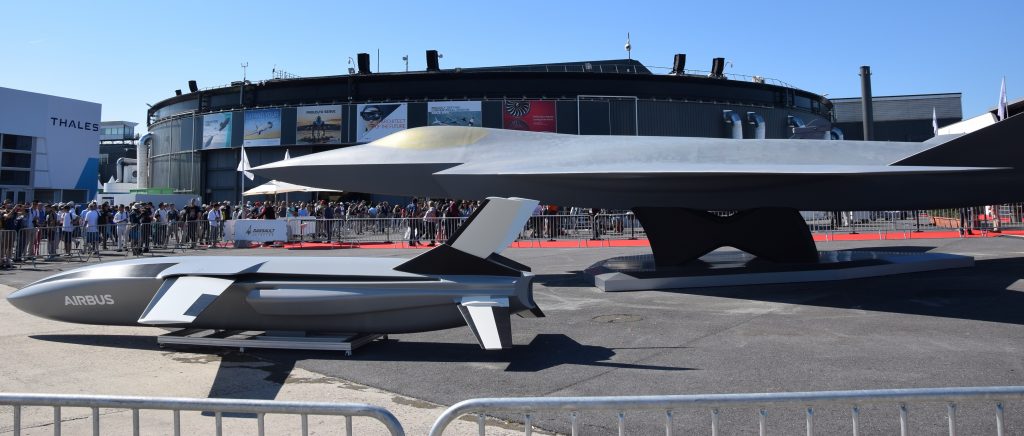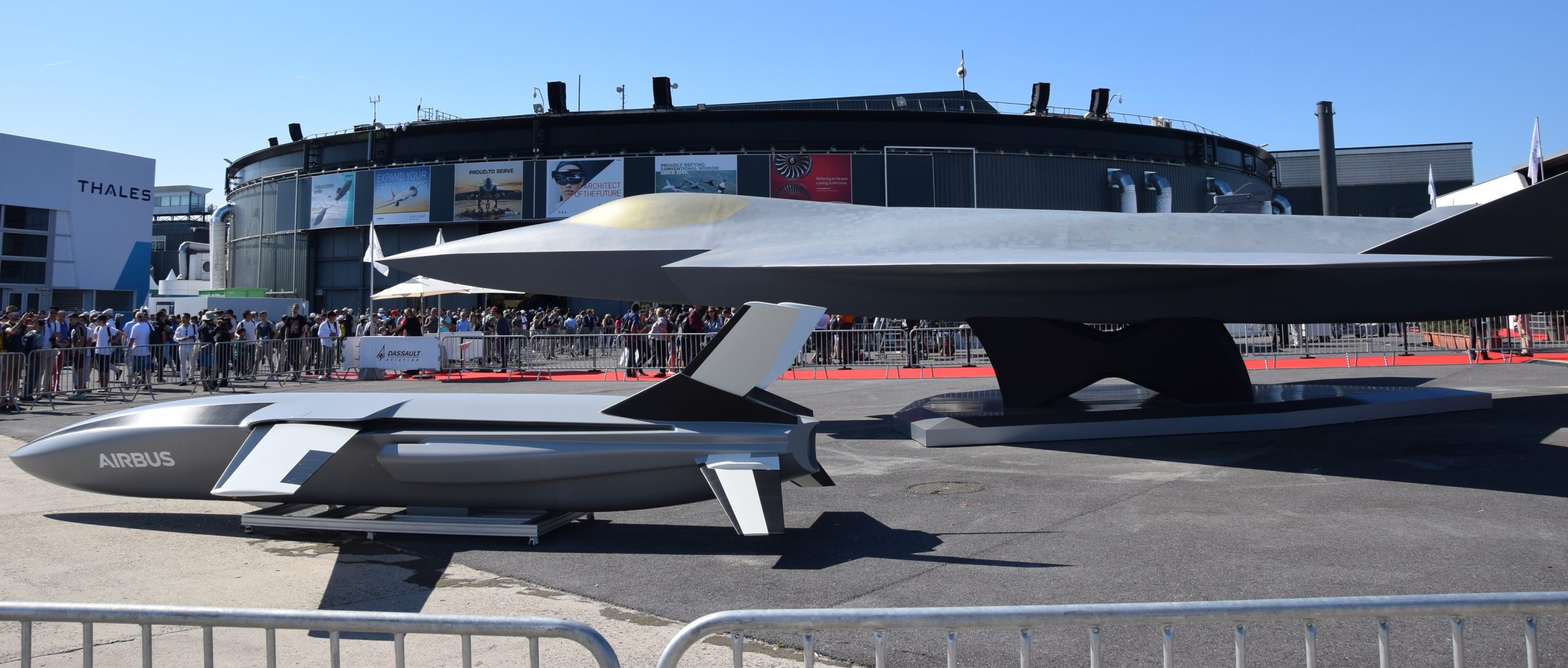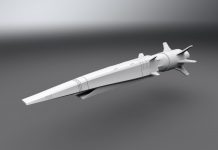
Germany and France intend to resolve outstanding issues surrounding their joint Future Combat Air System (FCAS) program by the end of the year, German Defence Minister Boris Pistorius announced on July 24 following discussions with French Defence Minister Sébastien Lecornu. The statement comes amid ongoing disagreements among industry partners over the division of responsibilities within the project.
“Some of the participating companies bring not only significant technical expertise but also their own interests and agendas,” Pistorius noted during a press conference held with Lecornu in Osnabrück, Germany. “We’ve been aware of this from the outset.”
He emphasized that the essence of FCAS lies in binational collaboration: “What matters to both of us is that these projects embody German-French unity, not narrow national interests.”
The program’s centerpiece—a next-generation fighter jet—is being developed under the leadership of Dassault Aviation, which has expressed frustration over its role in the venture. CEO Eric Trappier has repeatedly criticized delays, citing disputes over workload distribution with Airbus, which leads the German and Spanish contributions to the aircraft’s development.
In response, France recently proposed to reevaluate the division of responsibilities between the partner nations to keep the project on track for its 2040 deployment goal, according to the French armament procurement agency.
According to Lecornu, the program has reached a critical stage. The second phase involves building a demonstrator, requiring closer operational alignment among the countries involved. “This next phase binds us more definitively as we move toward delivering an actual aircraft,” he said.
While Pistorius acknowledged existing challenges, he emphasized that they are all manageable. Lecornu added that the partners have reviewed the outcomes of phases 1A and 1B and that the recent meeting enables the ministers to direct both their procurement agencies and industry players to take appropriate steps forward. “Everyone has a role to play in moving toward a solution,” he said.
Pistorius reaffirmed that strengthening Europe’s defense capability hinges on robust Franco-German collaboration. He reiterated both countries’ commitment to FCAS as well as to the Main Ground Combat System, which is also targeted for deployment by 2040.
Lecornu clarified that the top priority for FCAS is to meet the operational needs of each nation’s military, which outweighs any industrial considerations. For France, this includes the ability for the aircraft to carry a nuclear payload and operate from an aircraft carrier.
“Our aim isn’t to drive industrial initiatives for their own sake, but to develop defense systems that serve our armed forces—and in doing so, provide work for our manufacturers,” Lecornu explained. “This represents a shift from past cooperation efforts, which often prioritized industrial development.”
He added that the program’s schedule is the second key priority. Any delays of three to five years could leave Germany and France lagging behind. Although the current goal is for FCAS to be fully operational by 2040, Trappier has indicated that a 2045 target is more realistic due to existing delays.
Finally, Lecornu stressed that safeguarding national sovereignty is a third essential aspect for France. On the topic of arms exports tied to FCAS, Pistorius said Germany would not obstruct future sales, adding that such decisions fall under national jurisdiction and not the purview of the European Commission.





